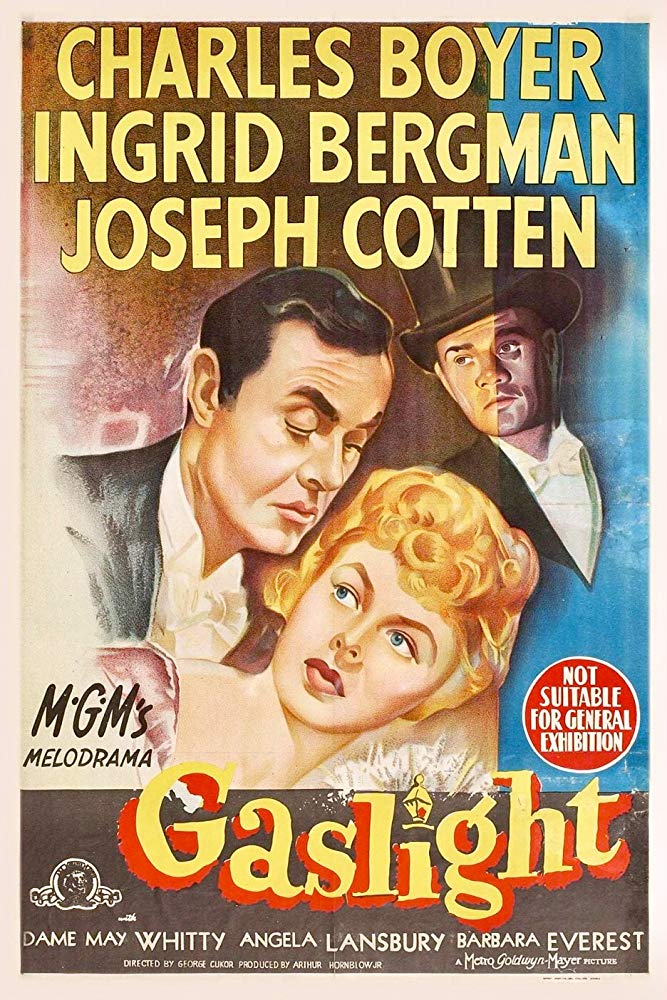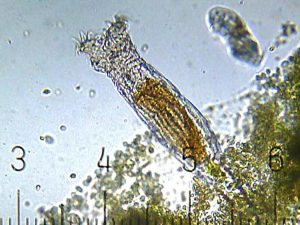 Hey, we’re eight today!
Hey, we’re eight today!
Every year on August 3, we like to remind readers of everything we have to celebrate on our anniversary — and of what a privilege it is to be able to do this work.
We’ve come a long way since we launched in 2010. For one, we’re one shy of 4,500 posts. And we’re very close to completing work on something we hope we become an indispensable tool in scholarly publishing: Our database of retractions. Entries stretch back decades, and include nearly 18,000 retractions so far.
Now that the database is nearly complete, we’re able to step back, take stock, and think more broadly about scientific misconduct, academic incentives, and scholarly publishing. There are well over a thousand retractions each year, and we couldn’t possibly report on each one of them, so we are relying more and more on the database to inform researchers when a study is no longer reliable. Instead, we’re doing deeper dives, prompting us to file public records requests for reports of misconduct investigations and other materials (and our co-founders to urge universities to do a better job with them).
A lot of that work shows up in other outlets. In the past year, we’ve collaborated with a growing host of journalism organizations, using our joint resources to bring readers stories that go deep and reach larger audiences than we can on the blog. There are our established partnerships with STAT and Science, where we continue to break news and help readers make sense of developments. And this year we also appeared other places, for example: Continue reading Happy birthday, Retraction Watch: We’re eight today



 In a case that has involved eight years of misconduct allegations, two U.S. Federal agencies, a state university, and multiple lawsuits, a former Wayne State researcher has earned a five-year ban on Federal funding.
In a case that has involved eight years of misconduct allegations, two U.S. Federal agencies, a state university, and multiple lawsuits, a former Wayne State researcher has earned a five-year ban on Federal funding. We’ve covered a number of stories about scientific whistleblowers here at Retraction Watch, so readers will likely be familiar with what often happens to them: Their motives are questioned, they are ostracized or pushed out of labs, or even accused of misconduct themselves. But there’s more to it, says Kathy Ahern in a
We’ve covered a number of stories about scientific whistleblowers here at Retraction Watch, so readers will likely be familiar with what often happens to them: Their motives are questioned, they are ostracized or pushed out of labs, or even accused of misconduct themselves. But there’s more to it, says Kathy Ahern in a  Before we present this week’s Weekend Reads, a question: Do you enjoy our weekly roundup? If so, we could really use your help. Would you consider a
Before we present this week’s Weekend Reads, a question: Do you enjoy our weekly roundup? If so, we could really use your help. Would you consider a  Less than a year after the entire editorial board of a public health journal resigned in protest of moves by publisher Taylor & Francis, the publisher has decided to call it quits for the journal, Retraction Watch has learned.
Less than a year after the entire editorial board of a public health journal resigned in protest of moves by publisher Taylor & Francis, the publisher has decided to call it quits for the journal, Retraction Watch has learned.
 A former postdoc at the U.S. VA Health Care System in Albuquerque, N.M., committed misconduct in three papers, the agency announced today.
A former postdoc at the U.S. VA Health Care System in Albuquerque, N.M., committed misconduct in three papers, the agency announced today.